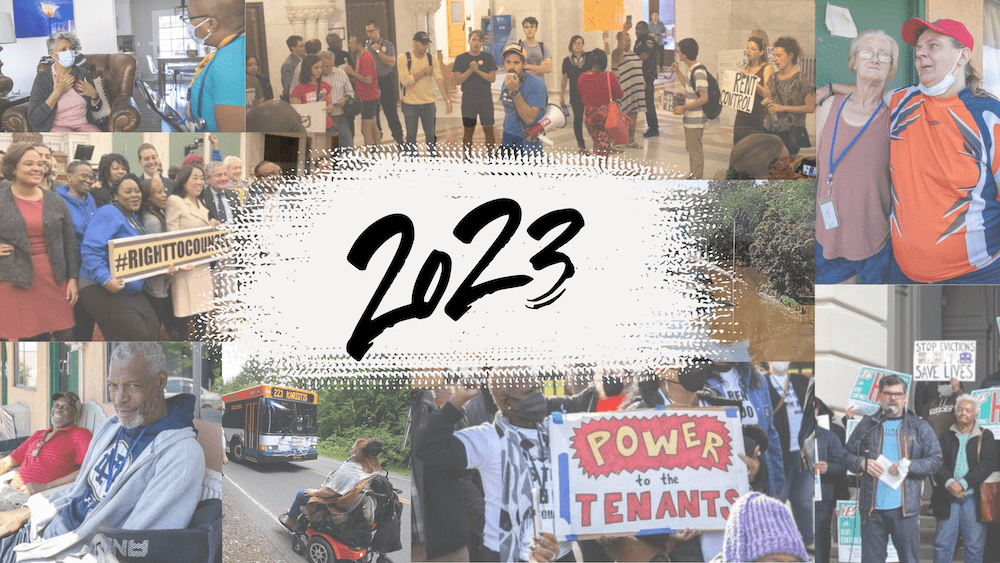
Now, we already know that that rags-to-riches part of the American myth is just that—myth. Social mobility is at a serious low. In an attempt to combat this somewhat, in the community development and asset-building fields, CDFIs and others use careful one-on-one underwriting, lending circles, and other strategies to extend credit to those whose credit scores might not really reflect their credit-worthiness.
This work to tip the financial playing field a little can help more people achieve things like citizenship, higher education, or a new business that might bring greater financial security—though of course it needs to be combined with large scale changes in things like tax policy, education policy, economic/labor policy, and urban policy to have serious effects.
But then someone goes and makes the problem so much worse. Such as when Facebook recently applied for a patent on technology that would allow lenders to use the credit scores of your social network in their lending decisions.
Let that sink in.
If this were to come to pass, it might not even be enough to physically “move to opportunity” to escape the legacy of financial redlining—to move into the financial maintream, people trying to get out of poverty might have to disconnect themselves from their previous family and friends who are still struggling. Separation from social networks is already one of the big emotional and logistical difficulties described by people who make an assisted move from a struggling neighborhood to a wealthier one. So for someone to say, explicitly, that to actually “make it” you must cut off any public declaration of connection to those who haven't “made it” is offensive on a deep level.
Of course when you start to research this, you find that social networks are already being used to reinforce financial disparties, albeit not by regulated financial institutions in lending decisions.
Still, the bluntness of Facebook's product description makes the nastiness behind the algorithms more visible. It envisions a future in which people who have long been redlined by race and geography remain even more forcibly digitally redlined, with groups of haves and have nots growing farther apart. But in a sick twist, they are told that if they just turned their backs on their community, a few of them might have a better chance of making it out.
Like it or no, social media is a powerful and important force in people's lives, and it is unreasonable to tell people to eschew it or take their lumps, just as it would be to tell people to avoid illegal wiretaps by not owning a phone. Regulation needs to catch up with big data—and fast. And advocates for financial justice need to think about where they stand on this kind of strategy.
Credit scores themselves are already discriminatory. The communty development finance field seems to approach them with a combination of skepticism and working within the system—underwriting folks with lower scores than mainstream lenders might, trying to help people avoid getting taken advantage of, but often still using the scores and working with people to specifically to raise their scores. This can be a reasonable compromise line to walk, done right.
I just hope that we never see the day where any community development group is counseling their clients about their social network score, how to cull their friends list, and strategies to still stay close to their loved ones and connected to their neighbors despite officially cutting them off online. At that point we will have lost our soul.
(Photo credit: Oli Dunkley, via flickr, CC BY-NC 2.0)






Comments